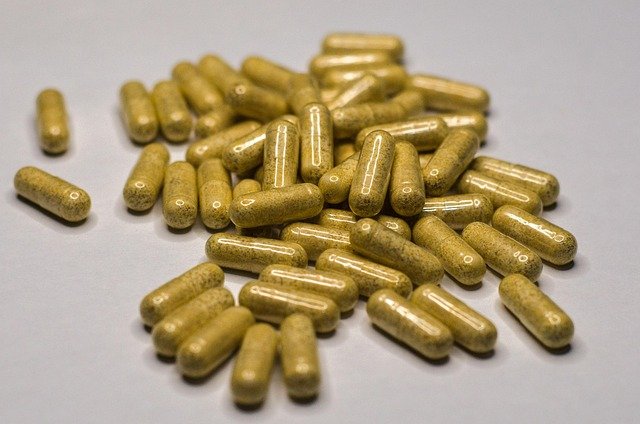Anemia Treatment: Medical Options and Practical Steps
Anemia is a condition in which the blood has fewer healthy red blood cells or less hemoglobin than normal, reducing the oxygen-carrying capacity of the body. Symptoms often include fatigue, shortness of breath, pale skin, and weakness. Understanding causes, diagnostic tests, and treatment options helps people and their healthcare teams develop an effective plan to restore blood levels and improve overall health. This article outlines common approaches to treating anemia and practical steps for symptom management and follow-up.

This article is for informational purposes only and should not be considered medical advice. Please consult a qualified healthcare professional for personalized guidance and treatment.
What is anemia and how does it affect blood?
Anemia results from reduced red blood cell number, decreased hemoglobin concentration, or impaired function of red cells. Hemoglobin in red blood cells binds oxygen; when levels fall, tissues receive less oxygen and people may feel tired or weak. Common types include iron-deficiency anemia, vitamin B12 or folate deficiency, anemia of chronic disease, and hemolytic or inherited anemias. Lab tests such as a complete blood count (CBC) measure red cell indices and hemoglobin to confirm anemia and guide further testing to determine the underlying cause.
How are anemia causes diagnosed for health assessment?
After a CBC suggests anemia, doctors typically order additional blood work: iron studies (serum iron, ferritin, total iron-binding capacity), vitamin B12 and folate levels, reticulocyte count, and sometimes a peripheral blood smear. If iron-deficiency is suspected, providers may evaluate for sources of blood loss such as gastrointestinal bleeding and recommend stool testing or endoscopic evaluation when appropriate. Chronic conditions like kidney disease or inflammatory disorders can also cause anemia and require assessment of kidney function and inflammatory markers to tailor treatment.
What treatments address anemia-related fatigue?
Treatment depends on the cause. Iron-deficiency anemia is commonly treated with oral iron supplements and dietary changes; vitamin C intake can enhance iron absorption. For those unable to tolerate oral iron or with severe deficiency, intravenous iron may be used. Vitamin B12 deficiency is treated with oral supplements or intramuscular injections depending on severity and absorption issues. In anemia of chronic disease, managing the underlying condition is central; erythropoiesis-stimulating agents are sometimes used in specific clinical settings. Severe anemia may require blood transfusion for immediate correction of low blood counts.
When should you see a doctor about anemia?
See a doctor if you experience persistent fatigue, shortness of breath, chest pain, fainting, very rapid heartbeat, or new unexplained symptoms such as unusual bleeding or weight loss. Routine bloodwork may detect mild anemia before symptoms arise, and follow-up testing helps monitor treatment response. Emergency care is appropriate for severe symptoms like chest pain, severe shortness of breath, sudden weakness, or collapse. A healthcare professional can identify the cause, recommend appropriate tests, and advise on the most suitable treatment strategy for your health status.
How to support overall health during anemia treatment?
Dietary choices can support medical treatment: iron-rich foods (lean meats, fortified cereals, legumes, dark leafy greens) and sources of B12 and folate (animal products, fortified foods, legumes) can help, though supplements are often needed. Avoid substances that inhibit iron absorption (tea, coffee, some calcium supplements) around mealtimes. Fatigue management includes pacing activities, prioritizing rest, and gradually increasing exercise as tolerated under medical guidance. Regular follow-up blood tests are important to ensure treatment is working and to adjust dosage or approach as needed.
Conclusion
Anemia treatment varies by cause and severity, ranging from nutritional supplements and dietary adjustments to medications, intravenous therapies, or transfusion in urgent cases. Accurate diagnosis with blood tests and coordination with a doctor are key to selecting effective therapy and monitoring progress. Addressing underlying conditions, following prescribed treatments, and making supportive lifestyle changes can help restore healthy blood levels and reduce symptoms like fatigue over time.




